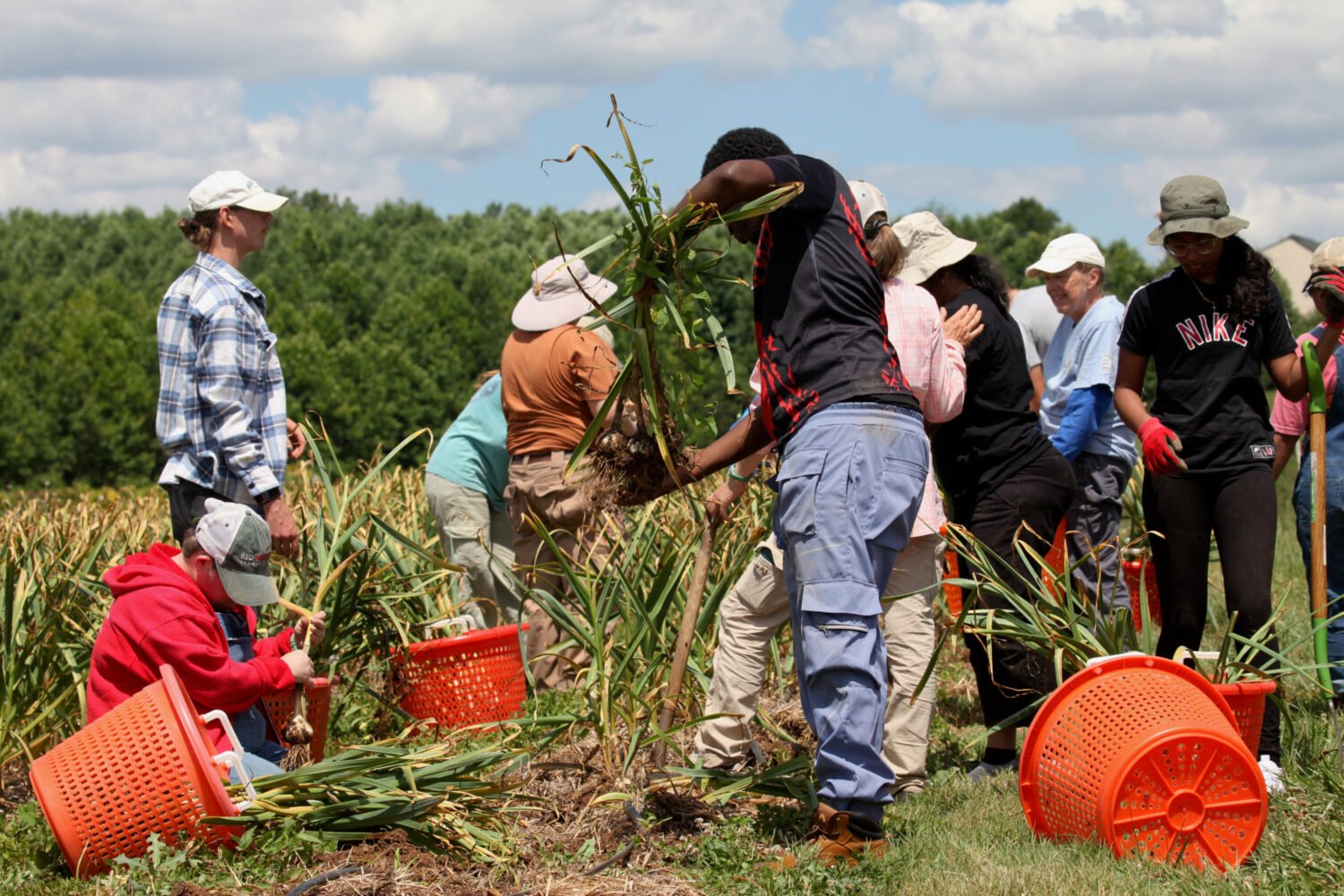If you’re leaving the liberal bubble of DC to go home for Thanksgiving, chances are you’ll encounter friends or family who disagree with your political views. And because of the intensity of this year’s election, it’s hard to ignore those differences for the sake of politeness.
In order to help you through some of the contention and awkwardness you might face in the next few days, I consulted Patricia Maulden, a professor of conflict resolution at George Mason University, and Michael Lehmann, a former Republican political operative who studied the philosophy of argument and disagreement at Duke Divinity School. Lehmann is teaching a free class through Knowledge Commons DC tonight called “Make America Argue Well Again: Disagreeing Without Being Disagreeable.”
Here are the main takeaways from my conversations with them. None of these pieces of advice are easy (Maulden admits that it’s taken years of practice for her to master these techniques), but they’re starting points that are meant to be built on over time.
Prepare yourself
If you know that you’re headed into an environment primed for political hostility, there are simple things you can do ahead of time to prep. “And I don’t mean getting facts lined up,” Maulden says. “I mean start thinking about how we are going to be in that relationship, in that room, at that dinner table, coffee shop.”
She says to focus your mental energy inside of yourself instead of outside. While you not be able to control what your Trump-supporting uncle says, you can control how you respond. Breathing and sitting upright can put you in the right state of mind to face conflict head on, Maulden says.
Another big part of prep work is setting realistic expectations. “If you expect to hold someone’s feet to the fire and actually get them to change their minds and intellectually submit to you, then I think it’s a fool’s errand,” Lehmann says. Your goal should really just to be open a dialogue and try to understand where someone’s coming from. And realize that it’s not going to be perfect. “This isn’t always going to end with cocktails and vacations,” Lehmann says.
Don’t try to change anyone’s mind
Both Maulden and Lehmann stressed this point multiple times.
“It’s not about building a consensus,” Maulden says. “It’s about finding some sort of understanding.” If the person you’re engaged with starts to sense that you’re talking past them in order to make a point or dismissing their viewpoints, he or she will start pulling back.
Another way to look at it: Don’t try to be understood; try to understand.
Listen
“Really listening is an honor that most people don’t experience much in life,” Maulden says.
Maulden says you should be “ferociously listening” to the person talking in order to breakdown what they’re saying. Then, try paraphrasing your understanding of what they’re saying back to them (“Did I get that right?”). If they can sense that you’re genuinely trying to process their point of view, it will open the dialogue up.
You should also consider the questions, “Am I willing to really feel uncomfortable? Am I willing to feel that some of my values are under attack?” You might not be, but at least you can come into the conversation knowing which values you cannot put aside for the sake of conversation-building.
Avoid name-calling
Even if you consider a family or friend to be racist or misogynistic, calling them out on usually doesn’t lead to anything productive.
Lehmann says, “If you demonize the other person, that doesn’t help anyone or anything.”
Know when to walk away
These kinds of conversations are exhausting and draining. People reach a saturation point, and there’s only so much you can take before you need to remove yourself the environment. Maulden says you need to ask yourself, “Is this worth my emotional energy? My psychic health?”
Come up with an exit strategy or a smooth way to get yourself out of a conversation you can no longer handle. Try not to make it about them: “I think we’re going to have to take this up later.”
Be patient
One conversation with a your Trump-supporting family member over pumpkin pie is not going to solve the world’s problems. But that’s okay. Along with recognizing that these types of conversations are extremely complicated, you should also accept that building the kind of trust to broach contentious issues and reach common ground takes time.




















